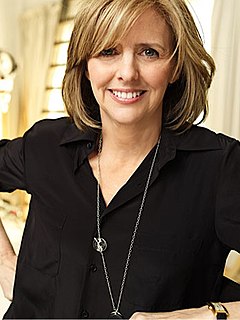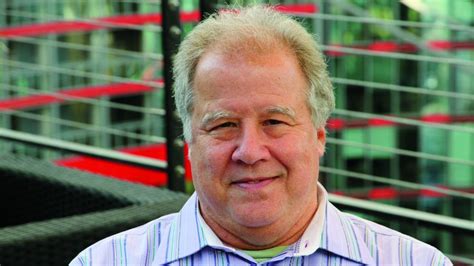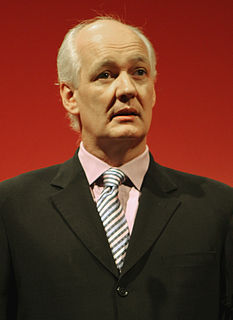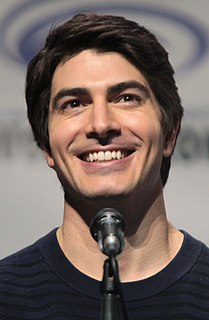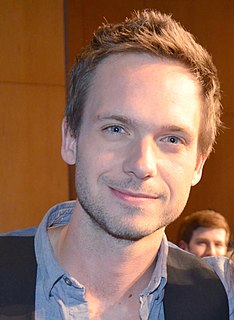A Quote by Barry Jenkins
I got into film school. I went and didn't know anything about it. Over the course of two years, I kind of got kind of good at it. You know, I had a brief moment where I wasn't sure if I could do it. I didn't know you needed light to expose film.
Related Quotes
Film team kept me very, very shielded when I was that young, because of course, I was seven years old. You know, you're still kind of reading. It's still kind of like, "Cat." "Dog." "Ann jumped over fence." So I guess in a way it helped me progress in school, too, because I was reading so much and memorizing so much. But they kept me very shielded from everything that was going on in the The Amityville Horror. I didn't know anything, basically, about the film. I just knew that it was a scary film. I wasn't allowed to watch it. I can watch it now, I'm just too scared.
I run my own film school, the Rogue Film School, and I do it over three and a half days, eight hours non-stop everyday; alone, single-handedly. But the difference is in the Rogue Film School I do have real human beings in front of me from all over the world, and of course there's this course as well, they can ask, talk about their problems and obstacles, finances, anything, you just name it. Whereas in the Masterclass, you are speaking to cameras.
I got into television criticism because I thought it would be easier than film criticism. Film, you had to know 100 years of history, and TV you only had to know 40 when I started. And I thought, "Well, that's going to be so much easier." But film stayed pretty much the same. And television has changed so many times that my head hurts. So I made the wrong call there.
I've had two great years, probably five good years. So I had 20 years of just kind of uncertainty and suffering and ego destruction and poverty. All these things. There's no way I'm ever going to catch up to the misery years. It's impossible... If I don't do anything dumb or I don't get a disease or something, and then I've got to five to eight years I think where it'll really be great and then it will start to degenerate like uranium, you know?
A period romance film with elements of horror. That was successful, because I feel like Coppola's DRACULA was one or the other. You know? It was never scary it was never a film he got invested in the romance of the characters. He understood it, but he never got invested. So it as a challenge for me to see if I could do that, I still don't know how audiences will sort of react to that.
Nobody knows I'm different. Or they may know, but they don't know how different and they don't know what this thing is that's driving me because I can't... this is... these are charges ... which I understand having got two children of my own and having had these mad thoughts myself that you know, I've got to get out there and do something. I don't know what it is, but it's got to be interesting.
I don't want to be lofty when I say this, but I don't know what a success is any more. I know how we define it, but that was a moment where I went, "Wait, who am I?" You could feel the business, in particular, kind of go "He's all right, let's go over here." I started to go, "Wait, I know why I love to do this." I think I got off track in why I love to do it.



